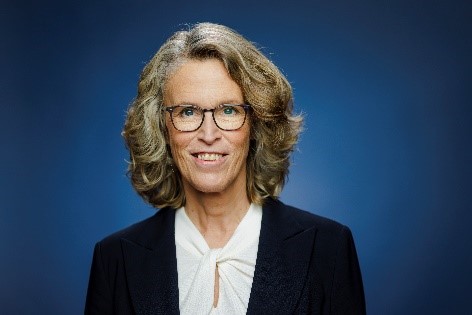
Susanne Baumann
State Secretary of the Federal Foreign Office Susanne Baumann
After training for the higher intermediate Foreign Service and studying law at the University of Bonn, Susanne Baumann entered the higher Foreign Service in 1993. Following various posts in Cambodia, Kosovo and Malaysia, she worked as a political adviser at the Federal Ministry of Defence and as a head of division at the Federal Chancellery. Before being appointed State Secretary in December 2021, she was the Federal Government Commissioner for Disarmament and Arms Control and Head of the Directorate-General for International Order, the United Nations and Arms Control at the Federal Foreign Office.
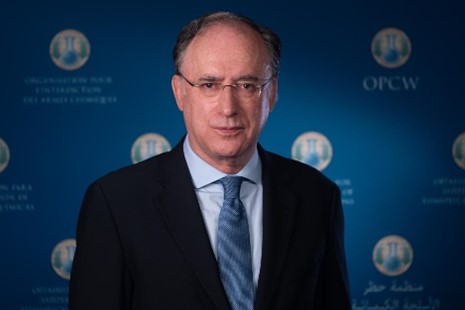
H.E. Fernando Arias
Ambassador Fernando Arias began as Director-General of the OPCW on 25 July 2018.
Director-General Arias is a lawyer and has been a career diplomat since 1979.
Prior to his appointment as OPCW Director-General, he served as the Ambassador Extraordinary and Plenipotentiary of Spain to the Netherlands.
Previously he served as Ambassador/Permanent Representative of Spain to the United Nations in New York, Ambassador to Bulgaria, Ambassador to the Former Yugoslav Republic of Macedonia while residing in Bulgaria, Ambassador to the Islamic Republic of Mauritania, and Ambassador to the Republic of Mali residing in Mauritania.
He also served in the Embassies of Spain as Deputy Chief of Mission in the People’s Republic of Argentina, China, Mexico and Romania.
In Madrid he worked at the Presidency of the Government (as Director General) and the Ministry of Foreign Affairs of Spain (as Subdirector General).
He began his diplomatic career as cultural counsellor in the Spanish Embassy in the Netherlands.
He speaks fluent English, French, and Spanish.
Director-General Arias has received high State decorations from Argentina, Brazil, Bulgaria, Chile, Ecuador, France, Germany, Greece, Luxembourg, Mauritania, The Netherlands and Spain
Director-General Arias was promoted by Royal Decree of HM The King of Spain to the personal rank of Ambassador of Spain in January 2022.
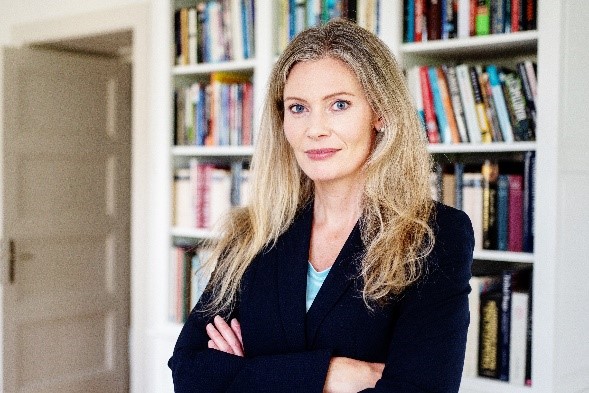
Filippa Lentzos
Dr Filippa Lentzos is Reader (Associate Professor) in Science & International Security at King’s College London, where she is jointly appointed in the Department of War Studies and the Department of Global Health & Social Medicine. She chairs the WHO Technical Advisory Group on the responsible use of the life sciences and dual-use research (WHO RULS DUR), and is a member of the WHO Health Security Interface – Technical Advisory Group (WHO HSI-TAG). She is a rostered expert for the UN Secretary-General’s Mechanism for Investigation of Alleged Use of Chemical or Biological Weapons (UNSGM), and she serves as the NGO Coordinator for the Biological Weapons Convention. She is also a member of the UK Biosecurity Leadership Council.
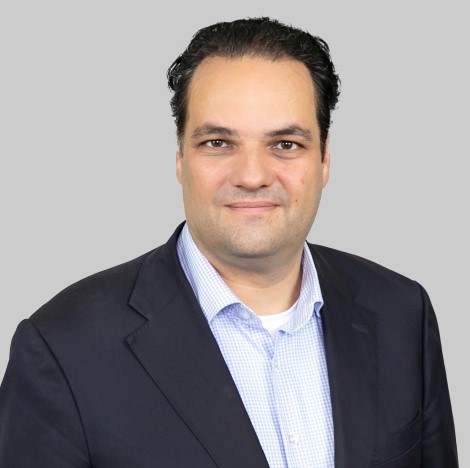
Marc-Michael Blum
Marc-Michael Blum holds degrees in chemistry (TU Braunschweig) and war studies (King’s College London) and has obtained his Ph.D. in biochemistry (University of Frankfurt). He works in the field of CBRN defense for more than 20 years including 7 years in OPCW Laboratory where he was the head of lab in his last position and was head of the mission to Salisbury in response to the Skripal poisoning in 2018. He is currently working as a laboratory consultant in the CBRN field and serves in the German Armed Forces reserve at the Bundeswehr Verifiaction Center holding the rank of Lieutenant Colonel.
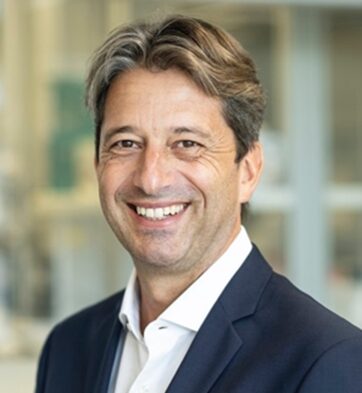
Gisbert Schneider
Gisbert Schneider is a full professor of Computer-Assisted Drug Design at ETH Zurich, where he spearheads research into integrating artificial intelligence and machine-learning methods into contemporary drug discovery. His career spans from the Pharmaceuticals Division at Roche to academia, initially at Goethe University in Frankfurt before assuming his current position at ETH Zurich. From 2021 to 2023, he served as the Director of the Singapore-ETH Centre at CREATE. Gisbert is credited with introducing the concept of AI-based drug design to medicinal chemistry.
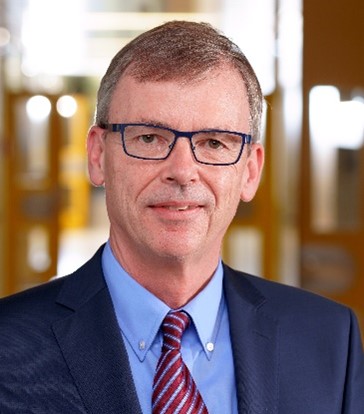
Stefan Mogl
Stefan Mogl is Head of the Chemistry Division and Deputy Director of SPIEZ LABORATORY. He worked in the Leadership Panel of the OPCW-UN Joint Investigative Mechanism for Syria, for the OPCW as inspector and head of laboratory, and he was member and chair of the OPCW Scientific Advisory Board.
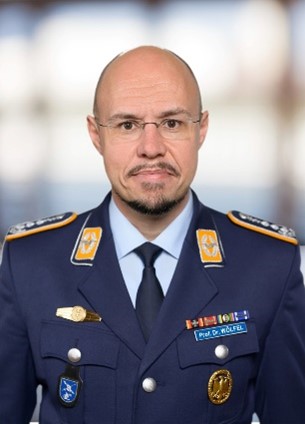
Roman Wölfel
Prof. Dr. Roman Wölfel is a Colonel and Director of the Bundeswehr Institute of Microbiology. He is a consultant in microbiology, virology and infection epidemiology and teaches at the Technical University of Munich. His research and work focuses on the diagnosis and bioforensics of dangerous pathogens and biotoxins. As a military expert advisor, he assists Germany’s participation in international organisations, for instance, in the further development of the Biological Weapons Convention.
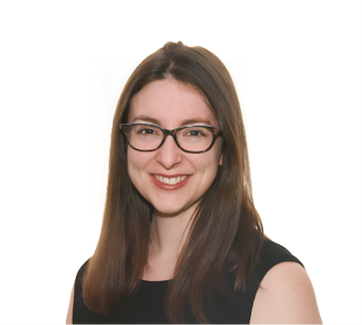
Nicole Wheeler
Dr Nicole Wheeler is a group leader at the University of Birmingham and a consultant for NTI | bio. Her group develops computational methods for detecting emerging biological threats in use cases ranging from directing individual patient care to steering global biosecurity surveillance frameworks. She looks at dual-use risks associated with emerging capabilities in engineering biology, and develops recommendations for policymakers and scientists on how to maximise the benefits of these capabilities while mitigating misuse risks.
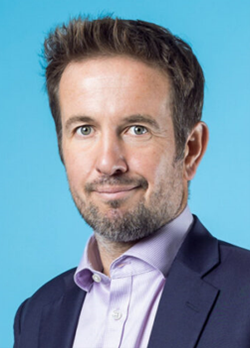
James Revill
James Revill is the Head of the WMD and Space Security Programmes at UNIDIR. His research interests focus on the evolution of regimes dealing with weapons of mass destruction and the intersection of these regimes with technological developments. He was previously a Research Fellow with the Harvard Sussex Programme at the Science Policy Research Unit, University of Sussex, and completed research fellowships with the Landau Network Volta Centre in Italy and the Bradford Disarmament Research Centre in the UK. He holds a PhD focused on the evolution of the Biological Weapons Convention from the University of Bradford, UK.
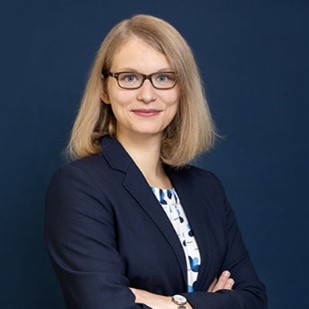
Anja Dahlmann
Anja Dahlmann is a researcher and head of the Berlin office of the Institute for Peace Research and Security Policy at the University of Hamburg (IFSH). Her research focuses on arms control and emerging technologies, especially autonomous weapons systems. She previously worked at the German Institute for International and Security Affairs. She holds a Master’s degree in Political Science from the University of Göttingen.

Alex Bell
Alexandra Bell is the Deputy Assistant Secretary for Nuclear Affairs in the Bureau of Arms Control, Deterrence, and Stability (ADS) at the U.S. Department of State. From 2017 to 2021, Bell was the Senior Policy Director at the Center for Arms Control and Non-Proliferation and the Council for a Livable World. Previously, Bell served as a Senior Advisor in the Office of the Under Secretary of State for Arms Control and International Security and as an Advisor in ADS, then called the Bureau of Arms Control, Verification, and Compliance. Before joining the Department of State in 2010, she worked on nuclear policy issues at the Ploughshares Fund and the Center for American Progress. Bell received a Master’s degree in International Affairs from the New School and a Bachelor’s degree in Peace, War and Defense from the University of North Carolina at Chapel Hill. From 2001-2003, she was a Peace Corps Volunteer in Saint Elizabeth, Jamaica. Bell is a Member of the Council on Foreign Relations.
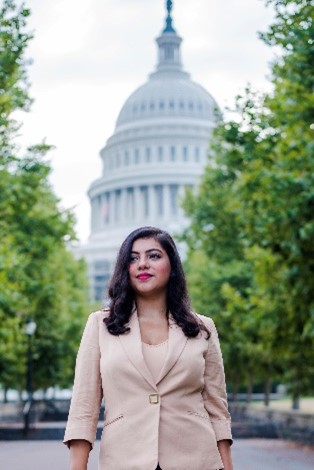
Sylvia Mishra
Sylvia Mishra, is the Deputy Director of Nuclear Policy, Innovation and Catastrophic Risk at the Institute for Security and Technology (IST). Her research focuses on nuclear strategy and nonproliferation, Southern Asian security, emerging and disruptive technologies, and military innovation. At IST, Mishra leads several high-impact projects focused on nuclear weapons policy, risk reduction, crisis communication, and emerging military technologies. She is also a Research Fellow at Managing the Atom, Belfer Center, Harvard University.
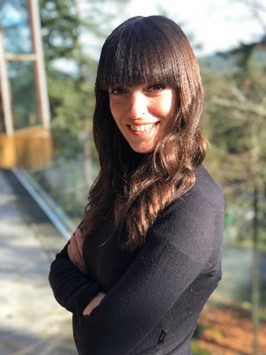
Alice Saltini
Alice Saltini leads projects at the European Leadership Network (ELN) that explore the intersection of AI and nuclear weapons. As an expert on AI’s impact on nuclear decision-making, she consults governments and international bodies on AI and nuclear risks. Alice has published extensive research and reports on military applications of AI and developed a general-purpose risk assessment framework for analyzing AI and nuclear risks.
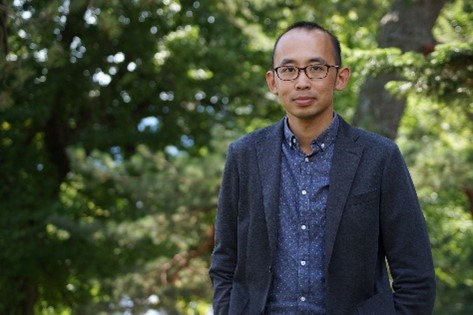
Wilfred Wan
Wilfred Wan, PhD, is the Director of the Weapons of Mass Destruction Programme at the Stockholm International Peace Research Institute (SIPRI). His recent research focuses on nuclear weapon risk reduction, nuclear disarmament verification, and other issues related to arms control and disarmament.
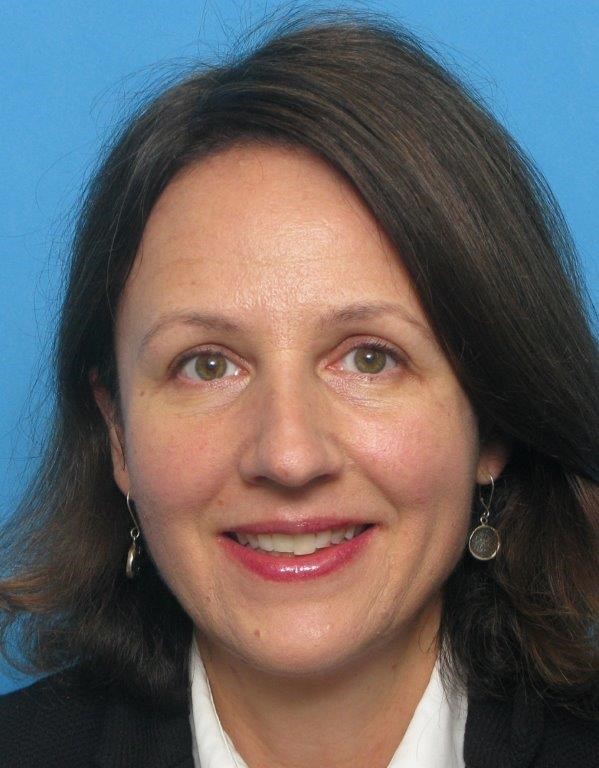
Susanne Riegraf
Deputy Federal Government Commissioner for Disarmament and Arms Control
Susanne Riegraf joined the German Foreign Service in 2003. In July 2018, she was appointed Head of the Division for Transatlantic Relations and G7 at the German Federal Foreign Office. Prior to that, Ms. Riegraf served as the Deputy Head of the Division for Non-Proliferation and Nuclear Disarmament from 2016 to 2018. From 2012 to 2015, she was part of the EU’s negotiating team in the E3/EU+3’s nuclear talks with Iran as a political Advisor and, from December 2014 onwards, team leader Iran nuclear in the European External Action Service (EEAS). Prior to that, Ms. Riegraf worked three years in the German Embassy in Tehran between 2004 and 2007, followed by assignments in the Policy Planning Staff of the Foreign Ministry between 2007 and 2009 and in the Federal Chancellery between 2009 and 2012. She holds a Master’s degree in International Relations, Law and Eastern European History from the University of Tübingen. Since August 2022, she is Deputy Federal Government Commissioner for Disarmament, Non-Proliferation and Arms Control at the German Federal Foreign Office.
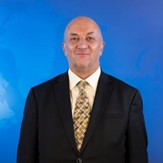
Stephan Klement
Ambassador Stephan Klement was appointed EU Special Envoy for Disarmament and Non-Proliferation in February 2024. He previously served as EU Head of Delegation to the International Organisations in Vienna. He is also Special Advisor for the Iranian nuclear issue in the European External Action Service. Mr. Klement holds a Doctoral degree in International Law, a Doctoral degree in Physics, a Masters in Law, and a Masters in Theoretical Physics, all at the University of Vienna, Austria.
Mr. Klement is a native German speaker and fluent in English and French.
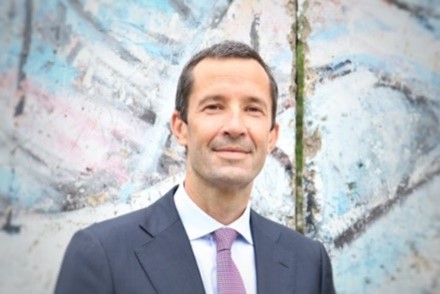
Günter Sautter
Since February 2022 Ambassador Günter Sautter is the Director General for International order, the United Nations and Arms Control at the Federal Foreign Office as well as the Federal Government Commissioner for Disarmament and Arms Control. He was the Deputy Permanent Representative of the Federal Republic of Germany to the United Nations in New York from 2020 until 2022.
After studying political science at Ludwig Maximillian University in Munich and at Harvard University, he joined the German Foreign Service in 2002.
From 2005 until 2008, he was Deputy Head of Mission at the Embassy in Managua. Subsequently, he served as Counsellor for External Affairs at the Permanent Representation to the European Union in Brussels from 2008 until 2011.
In 2011, he returned to Berlin, working in the Policy Planning Division at the Federal Foreign Office until 2013. He then served as Private Secretary to the German Federal Foreign Minister until 2017. From 2017 until 2020, he was Chief of Staff to the State Secretaries at the Federal Foreign Office.
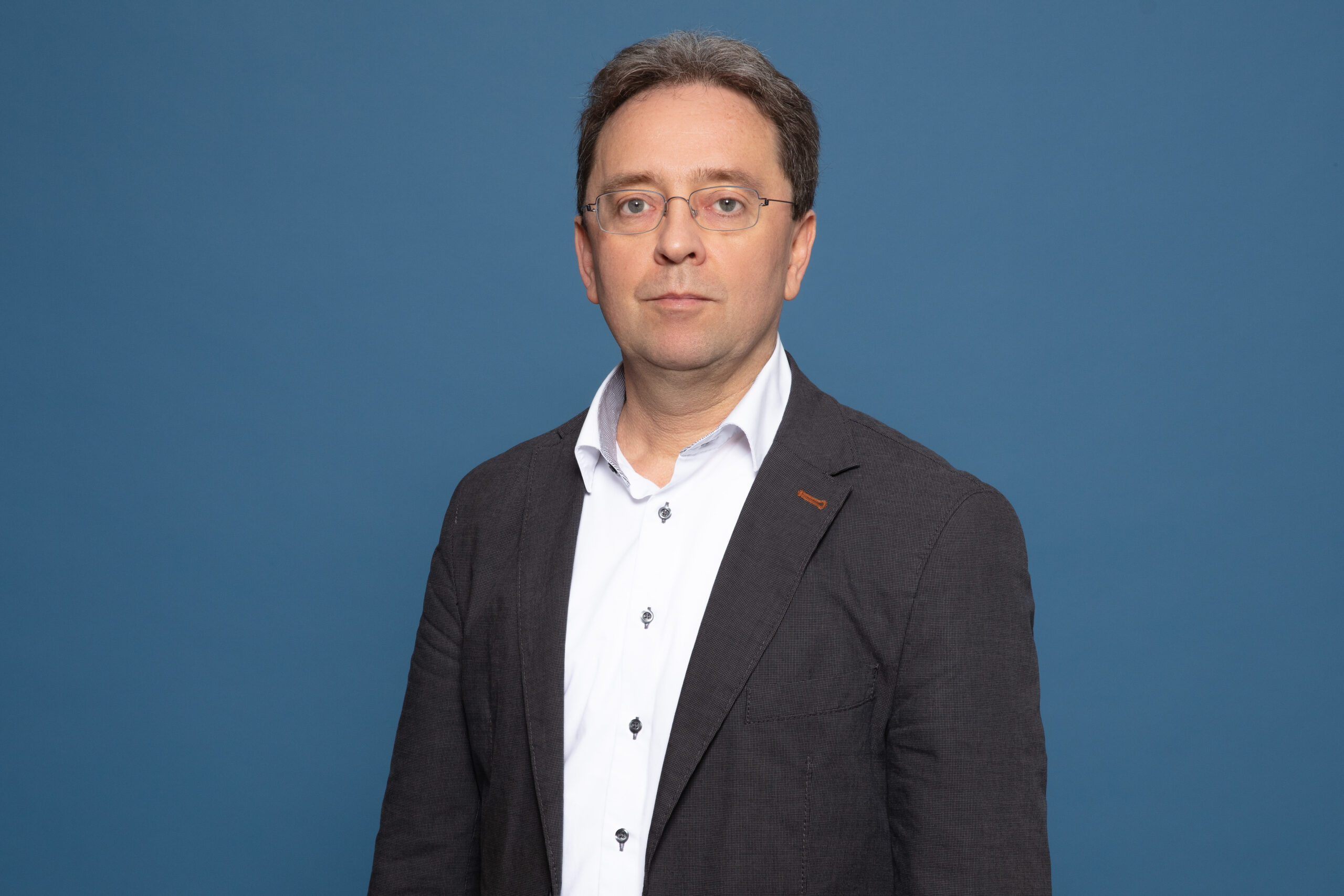
Oliver Meier
Dr. Oliver Meier is Policy and Research Director at the European Leadership Network. Previously, he was Senior Researcher at the Berlin office of the Institute for Peace Research and Security Policy at the University of Hamburg (IFSH) and Deputy Head of the International Security Division at the German Institute for International and Security Affairs (SWP). He was also International Representative and Correspondent of the U.S. Arms Control Association and has worked on the staff of Uta Zapf, former chairperson of the subcommittee on disarmament, arms control and non-proliferation in the German Bundestag. Dr Meier has also held the position of Senior Arms Control and Disarmament Researcher with the Verification Research, Training and Information Centre (VERTIC) in London and has worked as a consultant to several non-governmental organisations. Dr Meier holds a PhD in political science from the Free University of Berlin.